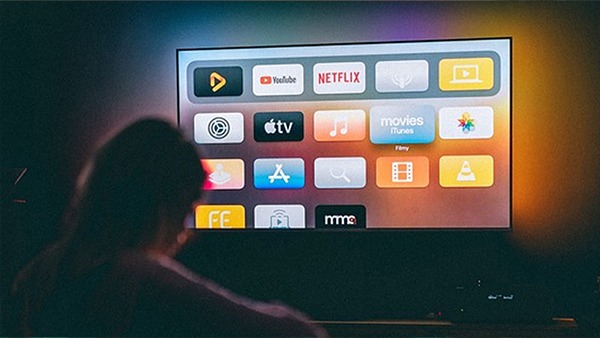Online gaming has become a global phenomenon, capturing the attention and interest of millions of individuals around the world. With the rapid advancement of technology, the internet has provided a platform for gamers to connect, compete, and embark on virtual adventures together. The allure of online gaming lies in its ability to create a thriving community where individuals can escape reality and immerse themselves in a variety of digital worlds.
From massive multiplayer online role-playing games (MMORPGs) to competitive e-sports tournaments, online gaming offers a diverse range of experiences tailored to suit different tastes and preferences. Whether you are a casual gamer looking for a quick distraction or a hardcore enthusiast seeking a challenging quest, there is something for everyone in the vast landscape of online gaming. However, as the popularity of this virtual realm continues to soar, it is important to examine the impact it has on various aspects of our lives, including social interactions, mental health, and even physical well-being.
The Impact on Social Interactions
Online gaming has revolutionized the way people connect and interact with others, transcending geographical boundaries and bridging cultural differences. Through multiplayer games, individuals can form friendships and even romantic relationships with fellow gamers from all around the world. These virtual communities provide a sense of belonging and camaraderie, allowing players to collaborate, strategize, and form alliances to achieve common goals. However, there is a fine line between healthy social interactions and excessive isolation. Some players may become so engrossed in their online gaming experiences that they neglect real-life relationships and face challenges in adapting to social situations outside of the gaming world.
The Importance of Mental Health
Mental health is a significant aspect that should not be overlooked when examining the impact of online gaming. While gaming can serve as a form of stress relief and escapism, excessive gameplay may lead to adverse effects on mental well-being. The immersive nature of online gaming can create addiction-like behavior, causing individuals to prioritize virtual achievements over real-life responsibilities. This can result in feelings of anxiety, depression, and even a decline in overall cognitive function. It is crucial for gamers to establish a healthy balance between their gaming habits and other areas of their lives, ensuring that their mental well-being is prioritized. vist 1win
The Role of Physical Well-being
In addition to its impact on social interactions and mental health, online gaming also has implications for physical well-being. The sedentary nature of gaming can lead to a lack of physical activity, which in turn may contribute to various health issues such as obesity, muscle weakness, and cardiovascular problems. It is essential for gamers to prioritize their physical health by incorporating regular exercise and movement into their daily routines. This could include taking breaks from gaming to engage in physical activities, using gaming peripherals that encourage movement, or even exploring games that incorporate physical exercise as part of the gameplay. By maintaining a balanced and active lifestyle, gamers can mitigate the negative effects of prolonged sedentary behavior and promote their overall physical well-being.
In conclusion, online gaming has undoubtedly transformed the way we connect, interact, and entertain ourselves. While it offers a multitude of immersive experiences and opportunities for socialization, it is critical to recognize and address its potential impact on various aspects of our lives. By maintaining healthy boundaries, seeking support when needed, and prioritizing our mental and physical well-being, we can fully enjoy the benefits of online gaming while minimizing any negative consequences it may have.


